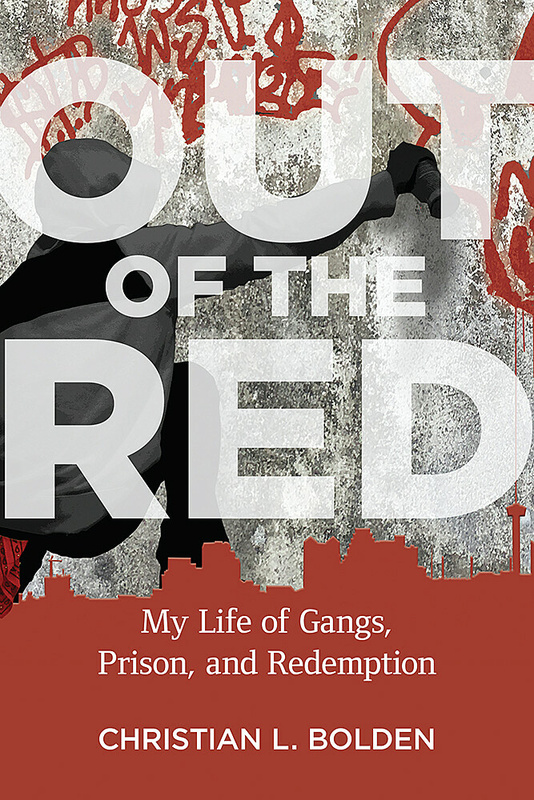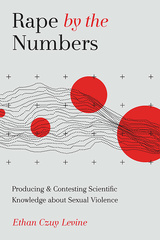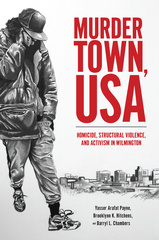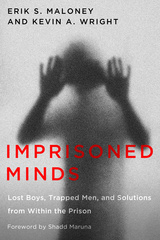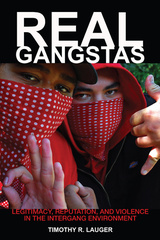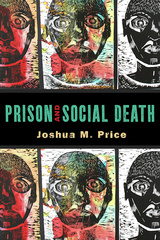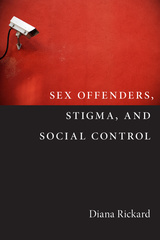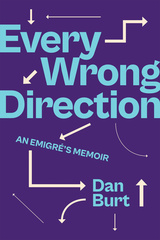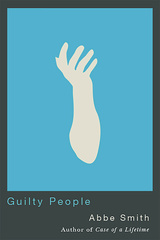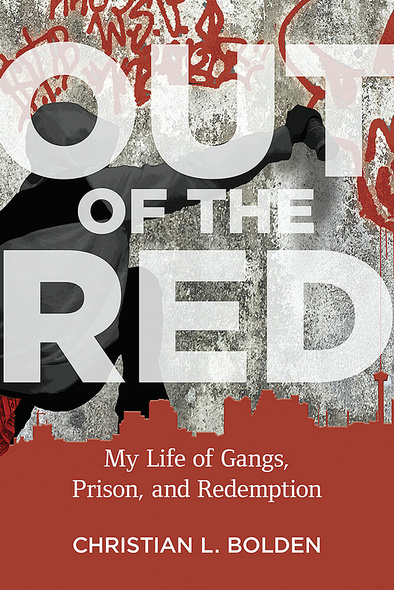
234 pages, 6 x 9
12 b&w images, 3 color images, 10 tables
Paperback
Release Date:14 Aug 2020
ISBN:9781978804524
Hardcover
Release Date:14 Aug 2020
ISBN:9781978804531
Out of the Red
My Life of Gangs, Prison, and Redemption
Rutgers University Press
Frank Tannenbaum Outstanding Book Award from the American Society of Criminology
Faculty Senate Award for Research from Loyola University New Orleans
Out of the Red is one man’s pathbreaking story of how social forces and personal choices combined to deliver an unfortunate fate. After a childhood of poverty, institutional discrimination, violence, and being thrown away by the public education system, Bolden's life took him through the treacherous landscape of street gangs at the age of fourteen. The Bloods offered a sense of family, protection, excitement, and power. Incarcerated during the Texas prison boom, the teenage former gangster was thrust into a fight for survival as he navigated the perils of adult prison. As mass incarceration and prison gangs swallowed up youth like him, survival meant finding hope in a hopeless situation and carving a path to his own rehabilitation. Despite all odds, he forged a new path through education, ultimately achieving the seemingly impossible for a formerly incarcerated ex-gangbanger.
Faculty Senate Award for Research from Loyola University New Orleans
Out of the Red is one man’s pathbreaking story of how social forces and personal choices combined to deliver an unfortunate fate. After a childhood of poverty, institutional discrimination, violence, and being thrown away by the public education system, Bolden's life took him through the treacherous landscape of street gangs at the age of fourteen. The Bloods offered a sense of family, protection, excitement, and power. Incarcerated during the Texas prison boom, the teenage former gangster was thrust into a fight for survival as he navigated the perils of adult prison. As mass incarceration and prison gangs swallowed up youth like him, survival meant finding hope in a hopeless situation and carving a path to his own rehabilitation. Despite all odds, he forged a new path through education, ultimately achieving the seemingly impossible for a formerly incarcerated ex-gangbanger.
Bolden provides a sobering account of gang life through a personal narrative that captures the realities of violence, victimization, adolescent frustrations, and systemic dysfunction in social institutions. He displays an enormous amount of courage by writing clearly about both his participation in violence and his firsthand experiences being either a victim of or witness to brutal crimes. He provides a thorough account of gang life in San Antonio and beyond.’
Compelling and powerful, Out of the Red joins a small but important body of autoethnographic works on crime, victimization, and injustice. Seamlessly blending his life story and lived experience with scholarship on gangs, delinquency, and justice, Bolden offers a moving and rigorous assessment of the causes and consequences of social and legal inequalities in America.
Tommy Tucker, First News,' WWL Radio interview with Christian Bolden
https://www.radio.com/wwl/blogs/tommy-tucker-wwl-first-news/tommy-why-do-some-break-bad
Mr. Holland’s masterpiece: Resurrecting a life'
https://clarionherald.org/news/mr-hollands-masterpiece-resurrecting-a-life
The Reading Life: Tom Cooper, Christian Bolden'
https://www.wwno.org/post/reading-life-tom-cooper-christian-bolden
From Gang Member to PhD: Defying the Odds,' by Isidoro Rodriguez
https://thecrimereport.org/2020/11/04/from-gang-member-to-phd-defying-the-odds/
CHRSTIAN L. BOLDEN is an associate professor of criminology and justice at Loyola University in New Orleans. From 2012-2013, he was the “Futurist in Residence” Research Fellow for the FBI Behavioral Sciences Unit. His research focuses on gang social networks, gang organizational processes, and human trafficking.
What follows in this book are the events that shaped my life as a gangster, a prisoner, and an academic. They say hindsight is 20/20. I’m not so sure that any version of sight is that perfect. The various social frameworks we learn from our families and communities always color our perceptions. It is hard to be objective about one’s own life history, and the people involved may recall these episodes differently. Most of the individual names have been changed to protect the people involved. Some names have been left unchanged, in which case, the individual’s role was a positive one and the person deserves acknowledgement and credit. It is difficult to recollect the details of an entire lifetime, and I acknowledge the inevitability of events being colored by personal perspective. Save for those caveats, everything written here is true as I understand and remember it. My memory of these events is also supplemented by all that I have learned as a sociologist of violence and gang cultures, including 41 in-depth interviews conducted with gang members in San Antonio, Texas. The autoethnography that follows is raw, intense, unsettling, and has been hard to deal with. It is hard to live with. I have included all that I can, even things that are unflattering and unseemly. Some of the events that follow are very difficult to read about, but they were much harder to live through.
It is easy to assume that the behaviors described in this account are the result of personal pathology. The academic perspectives are provided to help the reader understand that the events related in this book are often influenced by social pathologies, have far reaching consequences, and are much more widespread than is generally believed. This is not only an autoethnography; it also exemplifies the erased histories and sociological extrapolation of street gangs in San Antonio, and Texas penitentiaries, which are a primary source of prison gangs.
It is easy to assume that the behaviors described in this account are the result of personal pathology. The academic perspectives are provided to help the reader understand that the events related in this book are often influenced by social pathologies, have far reaching consequences, and are much more widespread than is generally believed. This is not only an autoethnography; it also exemplifies the erased histories and sociological extrapolation of street gangs in San Antonio, and Texas penitentiaries, which are a primary source of prison gangs.
List of Images
List of Tables
List of Figures
Prologue
Introduction
Part I - Gangs
Poverty
Adultism
Neighborhoods
Bangin’ in San Antone
Escalation
Purgatory
Part II - Prison
Texas Hold ‘em
Fellowship
Between the Lines
Transitions
Wally World
Starting from the Bottom
Letters
Part III - Redemption
Outcast
Freedom
Pinnacles
Acknowledgements
Appendix - San Antonio Gang Member Interviews
Index
List of Tables
List of Figures
Prologue
Introduction
Part I - Gangs
Poverty
Adultism
Neighborhoods
Bangin’ in San Antone
Escalation
Purgatory
Part II - Prison
Texas Hold ‘em
Fellowship
Between the Lines
Transitions
Wally World
Starting from the Bottom
Letters
Part III - Redemption
Outcast
Freedom
Pinnacles
Acknowledgements
Appendix - San Antonio Gang Member Interviews
Index

